
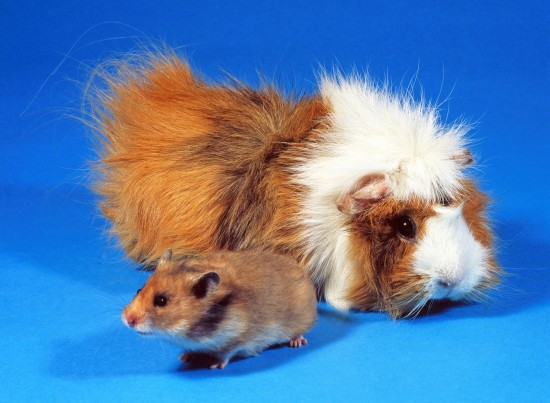
Lots of people think that guinea pigs and hamsters are pretty similar little creatures. Both are busy and active as well as being pretty easy maintenance, so if you are undecided whether to get a hamster or a guinea pig for the kids as a first pet, read on and find out just what the difference is between these two adorable creatures.
When it comes to nocturnal habits, the hamster is a creature of the night and gets much busier after the sun goes down. They love to run around on their wheels and rush about their cages which can sometimes keep children awake at night or at the very least interrupt their sleep!
The best solution to the problem is to place a hamster cage in another room other than the bedroom at night and to bring it back into a room when the children get home so they can play with their pet in the evening before going to bed.
Guinea pigs on the other hand, tend to sleep and nap in short bursts which means they are active both during the day and at night. This naturally could be a problem if their cage is kept in a bedroom which means it might also need to be put in another room at night so as not to disturb the kids when they are in bed.
You can keep cavies in outdoor cages but you would need to set this up in a sheltered area out of any drafts. You should never put a guinea pig or other animal's cage in a garage though because car fumes will kill them! However, it's much nicer all round to keep cavies indoors so they get to see more of their owners with the added bonus being that guinea pigs kept indoors tend to live that much longer too.
Many people think of hamsters as ideal pet for children mainly due their small size and the fact they are quite easy to look after. Although this is true the problem is that when the kids get back from school, have their supper, done their homework and watched a little television they are ready to go to bed, which is just when a hamster wakes up and gets active!
The other problem being that when hamsters are woken up during the day, they are never that happy about the situation and may just end up giving your children a little nip! Children under the age of eight would also need to be supervised when they are handling or playing with their hamster because often they might just play a little too roughly with their pets.
Hamsters are small but they are very quick off the mark which means they are great at escaping your grasp. They need to be held firmly yet gently which is something younger children may find hard to do.
On the other hand, guinea pigs are easier to handle although they too need to be handled with lots of care and consideration. Again, children under 8 years old should not be left unsupervised when they are playing with a pet cavy because if they pick them up too roughly or squeeze their guinea pig in any way, these lovely little creatures may well retaliate with a nip or a scratch!
Another important consideration is that hamsters and guinea pigs can carry zoonotic diseases. These are diseases that can be passed from animal to human and vice versa. Younger children tend not to have strong immune systems simply because they have not yet had time to fully develop which you need to bear in mind if you are thinking about getting them a hamster or a guinea pig as a pet.
As a rule of thumb everyone who handles either of these lovely little creatures should always wash their hands after doing so, just to be safe!
If there is one thing that hamsters are masters at it is escaping and will do their level best to get out of their cages whenever they can which is pretty normal behaviour for these funny little creatures. As such a hamster cage has to be very, very secure at all times.
The other thing about hamsters is they will chew on just about anything they can get their teeth into. Bars on cages have to be "gnaw proof" and the gap between them has to be just right to prevent these escape artists from squeezing through which they will try their best to do.
Hamster cages need to be cleaned out on a regular basis otherwise they not only get smelly, but dirty bedding is the perfect environment for nasty bacteria to thrive in which could lead to your pet developing all sorts of health issues.
Guinea pigs are not as determined to escape from their cages, but they do need to be kept in a safe and secure environment. They too need to gnaw on things because this is their way of keeping their teeth in good condition and to stop them from growing too long. Remember, both of these little animals have teeth that constantly grow so they need to gnaw to keep them at the right length.
A guinea pig is also a lot happier when kept with another cavy because they crave companionship so if you are thinking about getting one, make that two always ensuring they are the same sex too!
Hamsters are happy to live on their own, but they need to be in an environment where they can keeps themselves busy. However, if you are thinking about getting a dwarf hamster they like to have company and do well when they live with another member of their own kind with the proviso they are introduced to each other from the word go!
A hamster cage should be at least 24" long and 12" wide, but if your budget stretches to a larger cage, the more room your pet has to run around the happier they would be and the more toys you can fit in it.
Guinea pigs need a much larger cage because they are bigger creatures than hamsters. Their cage needs to be at least 7 ½ square feet in size, but the bigger the better. This means the minimum cage size should be 30" by 36".
Being more social creatures by nature, cavies like to live with others of their own kind which means more room is needed to accommodate them.
Finally, hamsters tend to live anything from 2 ½ years to 3 years but this does rather depend on the species. This can be a bit of a problem because children often get very upset when their pet suddenly dies.
Guinea pigs on the other hand boast much longer lifespans and can live anything from 6 to 8 years if they are very well looked after and preferably kept as indoors pets.
Hamsters are less demanding than guinea pigs and tend to be cheaper to keep. However, on the downside they don't boast very long lifespans which can be upsetting for children. Guinea pigs need more in the way of space and are a little more expensive to keep as pets, but on the upside they live a lot longer which means kids can really get to bond with their pets!
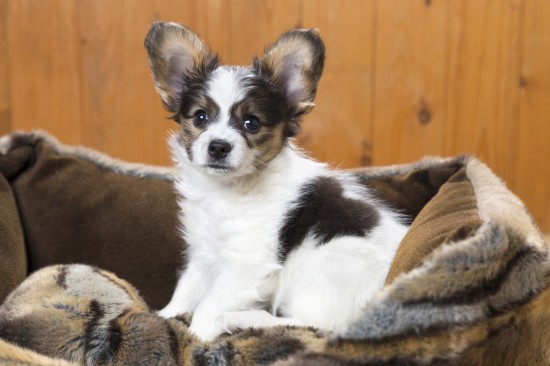 Teaching Your Puppy To Sleep Through The Night
Teaching Your Pup
Teaching Your Puppy To Sleep Through The Night
Teaching Your Pup
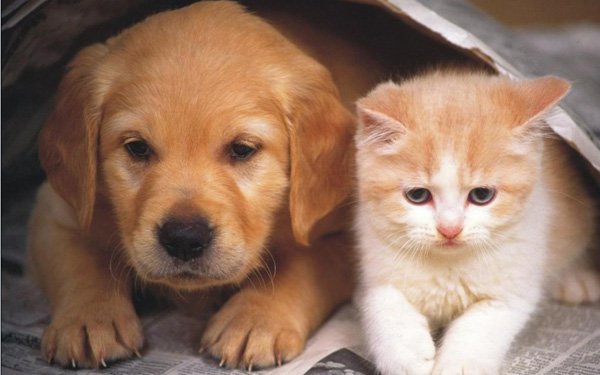 Caring for Pets in Kent
Caring for Pets in Kent
If there is one aspect
Caring for Pets in Kent
Caring for Pets in Kent
If there is one aspect
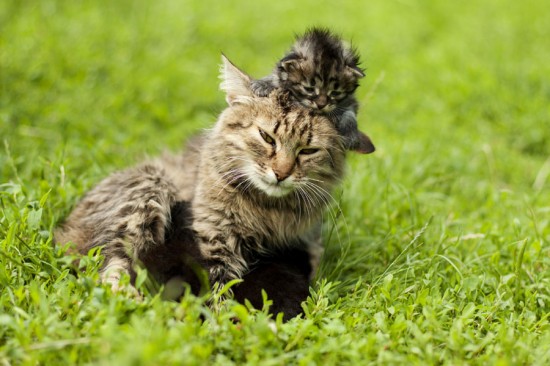 Cat Or Kitten - Which One Is Right For You
Cat Or Kitten - W
Cat Or Kitten - Which One Is Right For You
Cat Or Kitten - W
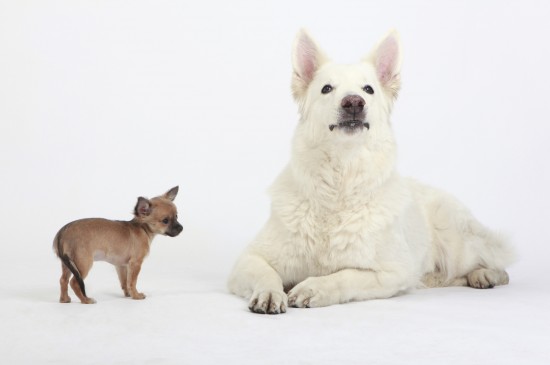 Small Dog Aggression Towards Larger Dogs
Small Dog Aggress
Small Dog Aggression Towards Larger Dogs
Small Dog Aggress
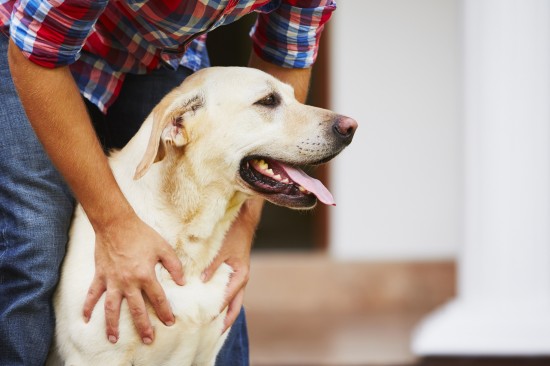 Do Owners Influence A Dogs Behaviour?
Do Owners Influen
Do Owners Influence A Dogs Behaviour?
Do Owners Influen
Copyright © 2005-2016 Pet Information All Rights Reserved
Contact us: www162date@outlook.com